Given our roles at Coopman, we inevitably encounter the reasons for individuals leaving their current roles. While they can be wide ranging and unique to the person in question, one current theme we hear is the lack of, or failure of a hiring manager or business to recognise them for their work and efforts.
This oversight impacts the morale of even the most senior employee and whilst some may actively seek the recognition others will suffer in silence and it is the silent ones that companies need to pay heed to the most. In essence failure to give recognition is one of the main factors as to why companies loose talent and one of the biggest drivers for individuals to enter the jobs market, yet it is one of the most effective ways in which to retain staff.
Research from Deloitte’s Top Talent 2020 survey shows that leadership support and recognition are among the top three most effective non-financial factors for retention. Recognition is highly correlated with improving employee engagement, in turn improving job performance and capturing business value. Deloitte further state that the right recognition programme can have measurable impact;
employee engagement, productivity and performance are 14% higher than in organisations without recognition; and
a 15% improvement in engagement can result in 2% increase in margins.
With research clearly showing that recognition can drive the bottom line why is it so common for businesses and management teams to get this wrong?
WHY IS RECOGNITION NOT GIVEN?
Leigh Branham, author of “The 7 Hidden Reasons Employees Leave”, surveyed a 100,000 online comments from online reviews and found a number of reasons managers do not recognise employees. Some of the notable ones are listed below.
They believe they are too busy to take the time.
Usually this reason can be attributed to a failure of the culture in an organisation where managers are overloaded or do not see recognising employees as part of their role.
Management believe employees shouldn’t get a pat on the back all the time for doing their job.
Making the effort to give recognition for extra effort is to understand basic human psychology and employees are very aware when they have added value or not. Giving a pat on the back when deserved is key but be mindful that if it is given insincerely, so it will be picked up on by employees.
Managers who have never received much praise themselves are not inclined to give it.
Again, understandable but not excusable. In fact, many managers who practice recognition most effectively do so because they know what it’s like not to be recognised.
They Hold a Fundamental Disrespect for Some Types of Work or Workers.
It is not uncommon for certain managers to devalue certain employees roles in an organisation or the work they carry out. This is clearly a massive mistake as all jobs and contributions are worthy of respect.
THE IMPORTANCE OF GIVING RECOGNITION
Understanding why recognition or praise is not given is half of the picture, understanding the importance of giving it is the other half. When looking at the financial services market in particular, there are three main themes.
Changing Organisational Structures
With the transition from traditional hierarchical structures to more collaborative and somewhat flat structures, recognition has become more important due to decreased promotional opportunities.
Millennial Generation
Employees now require more feedback than ever and so searching for ways to recognise their efforts and keep them engaged is essential.
Local Economy
With many organisations having to compete on salaries, bonuses and available talent, recognition is a way to retain staff and increase engagement in the workplace.
HOW TO GIVE RECOGNITION?
If you work in management and are responsible for a person’s career then you can successfully deliver recognition and praise through these three steps:
make it personal;
highlight the value added; and
make concessions through internal reward schemes.
Creating a strategy geared towards recognition has a positive impact on business. In the current financial services market where companies can readily compete on salaries and packages, HR functions in particular have an opportunity to differentiate themselves by implementing customised retention strategies and management have an opportunity to drive this.
For further information on the Irish job market, contact us at connect@coopman.ie.








